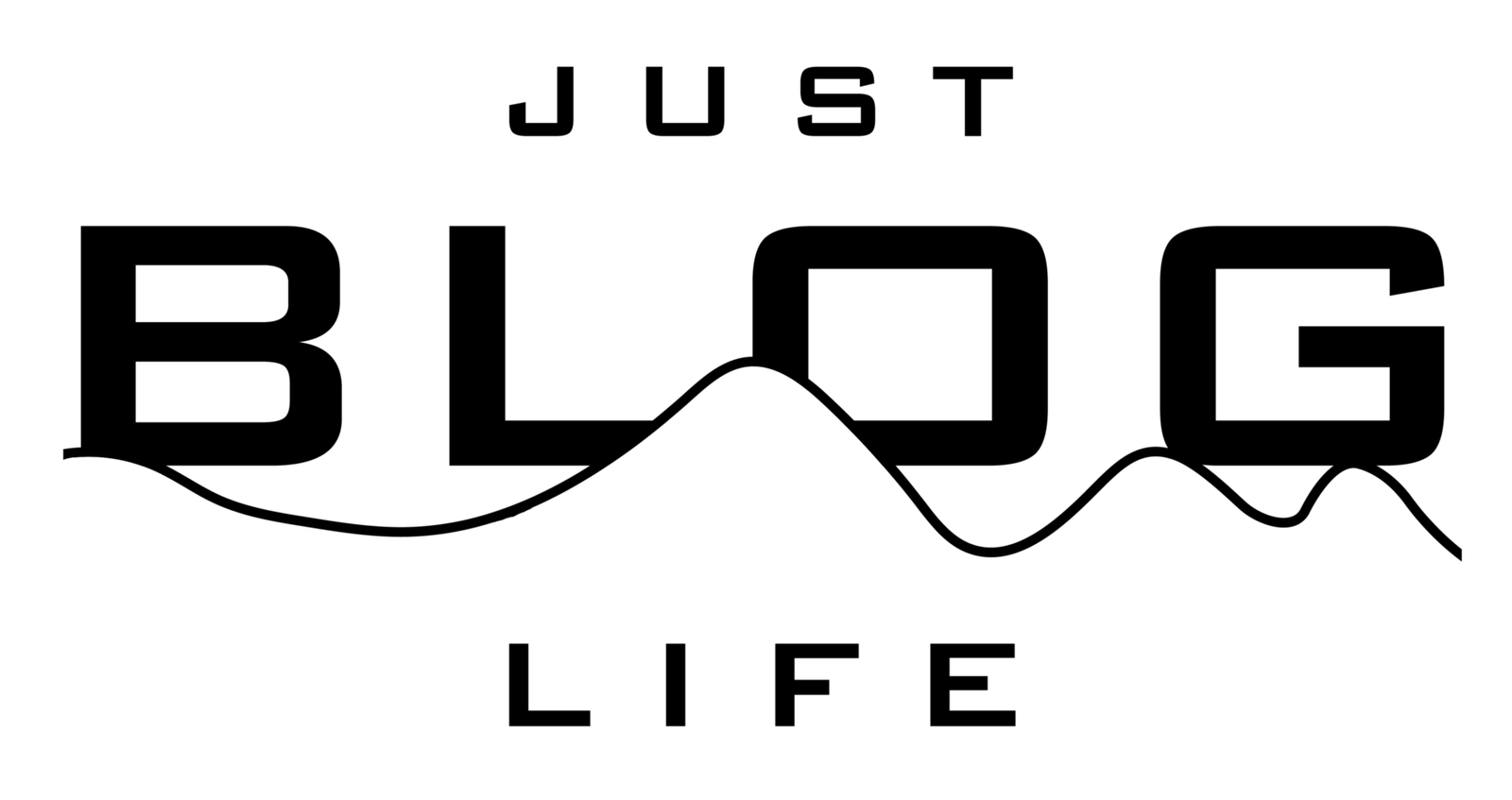How to Form New Habits and Stick with Them
In this article, we look at How to Create Habits that Stick which can be very difficult. A habit is a behavior pattern acquired through repetition. It can be as simple as brushing your teeth twice a day or as complex as running a marathon. When we build habits, we feel more in control of our lives which in turn helps to make us happier.
Habits are formed in the brain by strengthening connections between neurons. If you want to form a new habit, you need to make sure to put your new behavior in a context where you will see it again and again. Some of the most common habits that people want to form are exercising, eating healthier, and reading more. It can be difficult to form these habits, but there are some things you can do in order to make it easier.
The best way to build a habit is to start small and focus on one habit at a time. The key is to find the perfect trigger for your new behavior. For example, if you want to read more every day, then find a time when you have at least 10 minutes of free time so that it doesn’t interrupt anything else that is going on in your day.
Research also suggests that the best time to form new habits is the morning because your brain is more receptive. It also suggests that if you want your new habit to last for more than just one day, it’s important not only to do the desired behaviour but also to reward yourself after doing it.
The Habit Loop – How Your Brain Gets Hooked on Bad Habits
The habit loop consists of three parts: a cue, a routine, and a reward. The cue is the trigger that starts the habit. The routine is what you do when the cue occurs. And the reward is what you receive after performing the routine.
The habit loop can also be used to help people break bad habits by identifying the cues and rewards for those habits, then finding new routines that offer better rewards or new cues that lead to healthier routines.
How long does it take to form new habits?
The amount of time it takes to create a new habit varies. It depends on the situation, how well you know the new habit, and other factors. However, research suggests that it takes about 66 days for a new habit to stick. This is because it takes about three weeks to form a new habit and then another two weeks for the habit to become automatic.
On the other hand, if you want to break an existing habit, it might take anywhere from 11-130 days. However, the time it takes to break a habit all depends on the situation.
How to Create New Habits that Actually Stick
The first step in creating new habits is to make a decision. You need to decide what habit you want to create and what the rewards will be for sticking with it.
The second step is to make an implementation plan. What do you need to do on a daily basis? What are your triggers? What are your obstacles? You should also set realistic expectations for yourself and then reward yourself if you achieve them.
The third step is to find accountability partners, people who can keep you accountable and help you stay on track with your goals.
Conclusion
So, in conclusion, the key to creating good habits is being aware of the cues, rewards, and routines that you have in your life. If you can identify these three things then you have a good chance of changing your behaviour for the better. Also, remember that the best time to form a new habit is in the morning because your brain is more receptive at this time. If you want your new habit to last for more than just one day, it’s also important not only to do the desired behaviour but also to reward yourself after doing it.
Resources
I can really recommend the book Atomic Habits by James Clear. It is one of the most comprehensive guides on how to change your habits and get 1% better every day. Also, a great blog article that is also worth the read is 18 tricks to make new habits stick.
